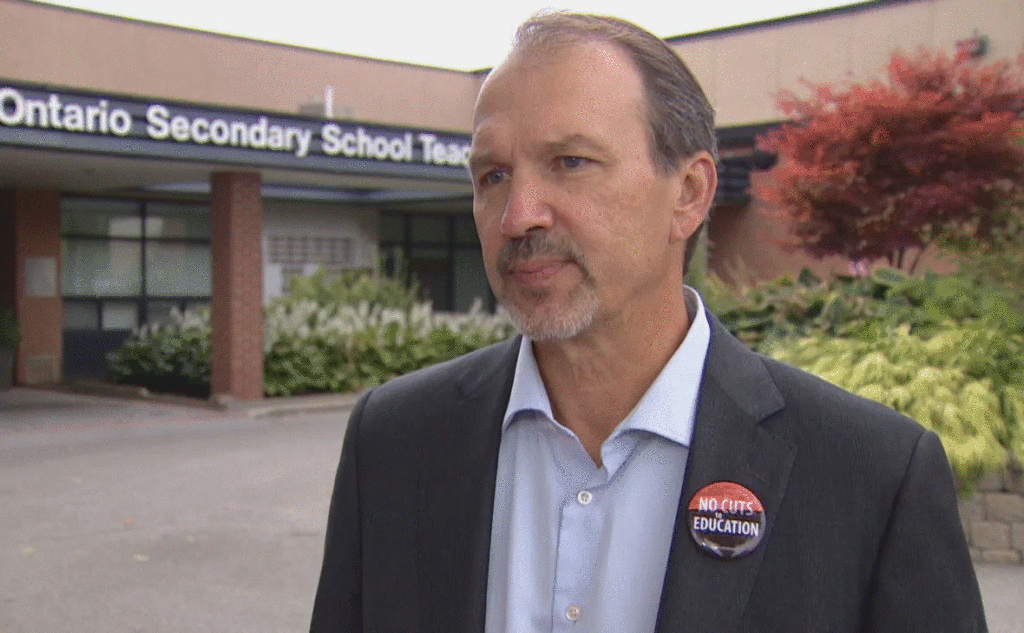Thousands of students were thrown into virtual schooling for the first time when COVID-19 was implemented a year ago.
Problems with online learning have been brought to the attention of many students, families, and educators.
“It’s easier to get distracted, and there’s a lot more chance of not doing your work,” Aryan Rao, 14, says. Almira Kagzi appreciates virtual school’s flexibility, especially when she has to miss or be late for class. “I’ve been able to get a full seven hours of sleep every day since September,” says Almira, 16, of Mississauga, Ont. “It’s more difficult to get your ideas heard.”

Beyhan Farhadi is a Toronto-based post-doctoral education researcher, e-learning specialist, and teacher. She is concerned about the delivery of online learning and how it is delivered to students. According to her, the best virtual schools have full-time teachers who specialize in online instruction. It’s crucial, she says, to recognize what hasn’t worked with virtual learning and how to improve it. It will remain a reality for some students after the pandemic, she said.
The Canadian Virtual Education Network is a non-profit organization dedicated to promoting online learning in public schools. Visit www.thevirtuallearningnetwork.org for more information, or follow them on Twitter @virtuallearning.
Ontario is moving forward with its plan to require two online credits to graduate from high school. In contract negotiations between the government and teachers, mandatory e-learning was a sticking point. This week, Education Minister Stephen Lecce confirmed that it will start in September. He stated that it is the responsibility of students and families to opt-out if they so desire. Some students “appear to excel in online,” he said, but the majority don’t.
In consultation with their parents, they prefer to be in a classroom. “Some people simply enjoy everything that is available on the internet. They appreciate the freedom they have “Kagzi, a virtual-schooler who takes online classes in Grade 11, agrees. This year’s virtual schooling, according to Lecce, “should probably be counted toward some of that [two-credit] requirement.”www.thevirtuallearningnetwork.orgthevirtuallearningnetwork.org
News and Picture Source: CBC











